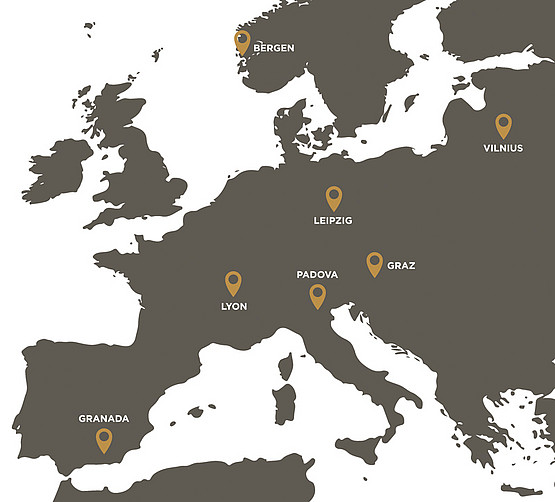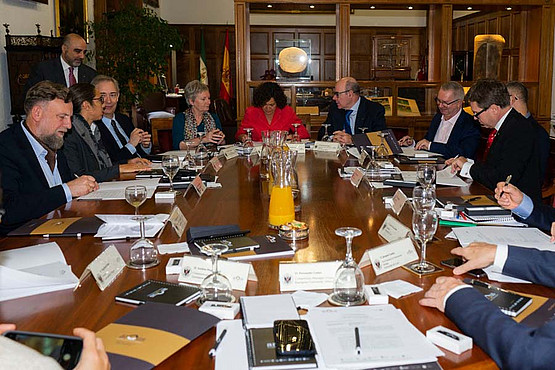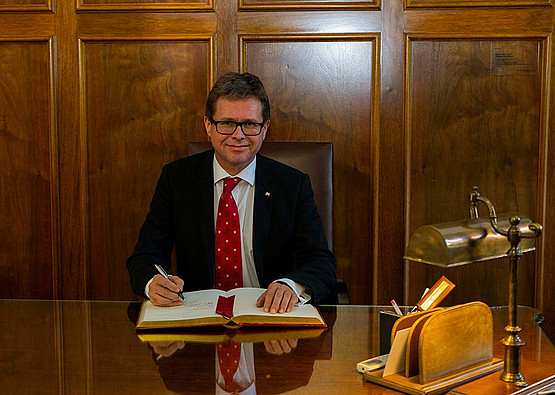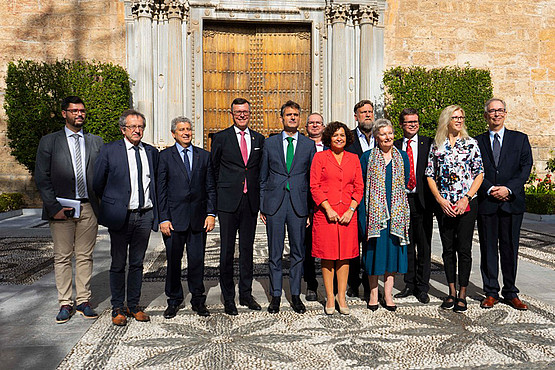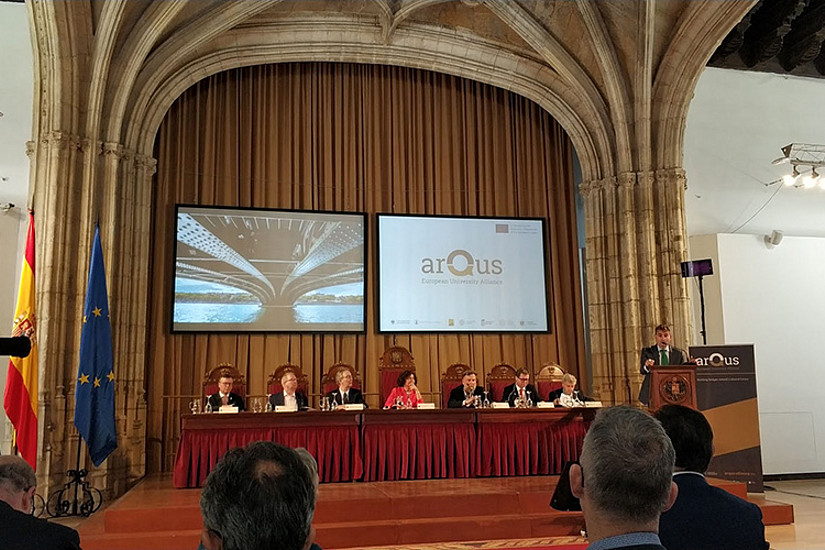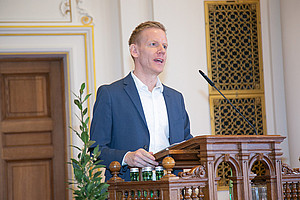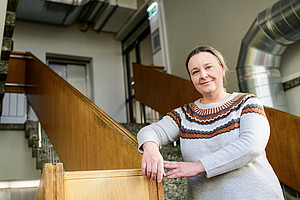Seven universities with a shared goal: to enhance the quality of education and research through international exchange and cooperation. On Friday 18 October 2019 a presentation about the “Arqus European University Alliance” was given at a public event held by the University of Granada, the coordinating institution. The Universities of Bergen, Granada, Graz, Leipzig, Lyon, Padua and Vilnius have joined forces – with support from the European Commission – to advance the goal of an integrated European higher education system.
Martin Polaschek, Rector of the University of Graz, said: “The University of Graz is proud to be part of this ambitious network. The objectives that we and our partners have formulated harmonise fully with the objectives of the University of Graz: to advance research, to acquire and expand our knowledge and understanding, and to pass this on to our students and the wider community. In today’s times of increasing uncertainty, thanks to “fake news”, universities have an increasingly vital responsibility to play a formative role in knowledge transfer, and to show that there is never just one single version of truth. Arqus will help us to meet these aspirations and to extend our commitment to the highest quality standards. Our comprehensive cooperation and engagement across many different fields is also an excellent example of democracy in action in Europe.”
Prior to this presentation event, the rectors of the seven universities had formally established the governing body of the alliance – the Arqus Rectors’ Council – and signed a partnership agreement setting out the plans for the next three years. The proposed activities include work in the areas of shared academic programmes and mobility arrangements, inclusion and diversity, support for research activities, entrepreneurship, multilingualism and EU citizenship. Each of these areas is led by one of the partner universities.
About Arqus
The Arqus European University Alliance brings together the universities of Bergen, Granada, Graz, Leipzig, Lyon, Padova and Vilnius, seven longstanding comprehensive research universities who share extensive experience in joint projects in many fields, and a common profile as internationalized institutions with deep regional engagement in medium-sized cities. The Arqus European University Alliance aspires to build on the member universities’ sound prior experience in cooperation in order to achieve a high level of integration in its members’ policies and action plans in order to:
• enhance the education of critically engaged European and global citizens who are able and willing to contribute to a multicultural, multilingual and inclusive Europe which is open to the world;
• increase and improve the joint research capacity of the partner universities;
• better respond to the grand societal challenges of the 21st century in Europe and beyond.
The principal ambition of the Arqus Alliance is to act jointly as a laboratory for institutional learning from which to move forward in the design, testing and implementation of an innovative model for deep inter-university cooperation. The Alliance aims to consolidate a joint governance structure to facilitate the development of consensual joint policies and action plans, to consolidate participative structures to facilitate cross-cutting integration at all levels of the partner institutions, and to share its experience with other groupings in order to communicate the added value to be found in its model of integration.
The Arqus Alliance aims to centre its efforts on enabling people: enabling a widely diverse student body and enhancing their learning experience; enabling a similarly diverse staff community and promoting their individual and collective professional development; enabling society at large by opening our doors and fully responding to the mission it has entrusted us.
